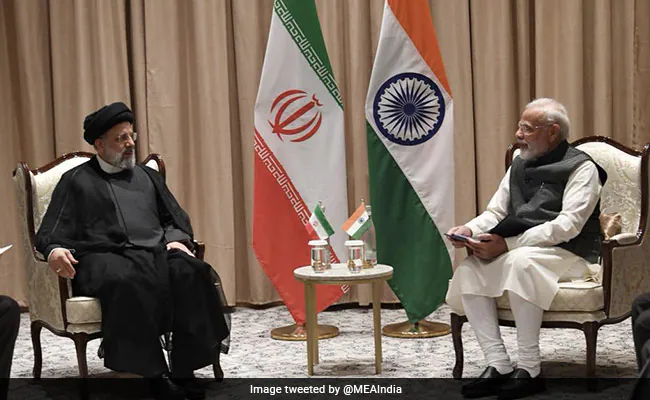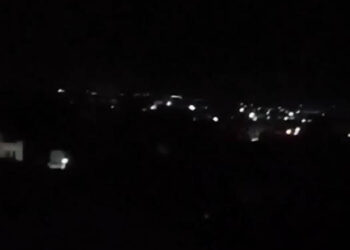As part of Delhi’s diplomatic engagement with the key actors in the war, Prime Minister Narendra Modi and Iranian President Seyyed Ebrahim Raisi met on Monday to address the “difficult situation” in the West Asian region in the aftermath of the Israel-Hamas conflict.
This comes after the Prime Minister met with British Prime Minister Rishi Sunak and UAE’s Sheikh Mohamed bin Zayed Al Nahyan on Friday to address the situation resulting from the Israel-Hamas war. In the recent month, Modi has discussed the subject with Israeli Prime Minister Benjamin Netanyahu, Palestinian Authority President Mahmoud Abbas, Egyptian President Abdel Fattah El-Sisi, and Jordan’s King Abdullah II.
While assessing the hazardous scenario, India is reaching out to big West Asian entities with deep stakes and some credibility and influence on the situation.
The phone call to Tehran comes nearly a month after Hamas launched an attack in Israel on October 7, prompting Israel to launch a military operation in Gaza.
According to the Prime Minister’s Office, Modi expressed serious worry about the conflict’s “terrorist incidents, violence, and loss of civilian lives” during his phone discussion with Iranian President Hassan Rouhani. Modi also reaffirmed India’s long-standing and consistent stance on the Israel-Palestine conflict.
External Affairs Minister S Jaishankar spoke by phone with his Iranian colleague Hossein Amir-Abdollahian on Sunday, during which the latter appealed for a ceasefire in the fighting. According to reports, the two foreign ministers discussed the international community’s concerns, and Jaishankar stressed the necessity of averting escalation and delivering humanitarian assistance, , as per his tweet.
President Raisi discussed the situation with Prime Minister Modi during their phone discussion. According to the PMO statement, both leaders emphasized the importance of minimizing escalation, ensuring sustained humanitarian help, and restoring peace and stability as soon as possible.
Iran has also encouraged the BRICS member countries – Brazil, Russia, India, China, and South Africa – to intervene in an active, constructive, and responsible manner to stop Israel’s war crimes against Palestinians in the besieged Gaza Strip.
According to the PMO, Modi and Raisi discussed the conflict situation as well as reviewed and positively assessed progress in diverse bilateral cooperation. They applauded the focus and priority given to Iran’s Chabahar Port for strengthening regional connectivity. The strategically significant Chabahar Port provides an alternative route that bypasses Pakistan, reducing India’s reliance on its neighbour for trade with Afghanistan and beyond. It also offers a gateway to the resource-rich and economically vibrant region of Central Asia.
Source:IE







 Finance
Finance







